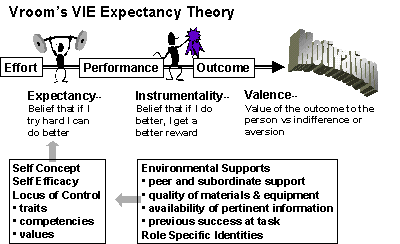
This process will ultimately affect student achievement so that teachers' initial expectancies are confirmed. If students accept the teachers' expectations and behavior toward them then they will be more likely to act in ways that confirm the teacher's initial expectations. Based on these expectations, they behave differently toward different students, and as a result of these behaviors the students begin to understand what the teacher expects from them.

Teachers form differential expectations for students early in the school year. The model includes the following sequence. Their model posits that teachers' expectations indirectly affect children's achievement: 'teacher expectations could also affect student outcomes indirectly by leading to differential teacher treatment of students that would condition student attitudes, expectations, and behavior' (Brophy, 1983, p.639). Jere Brophy and Thomas Good provided a comprehensive model of how teacher expectations could influence children's achievement.

Victor Vroom (1964) was the first to develop an expectancy theory with direct application to work settings, which was later expanded and refined by Porter and Lawler (1968) and others (Pinder, 1987).


 0 kommentar(er)
0 kommentar(er)
